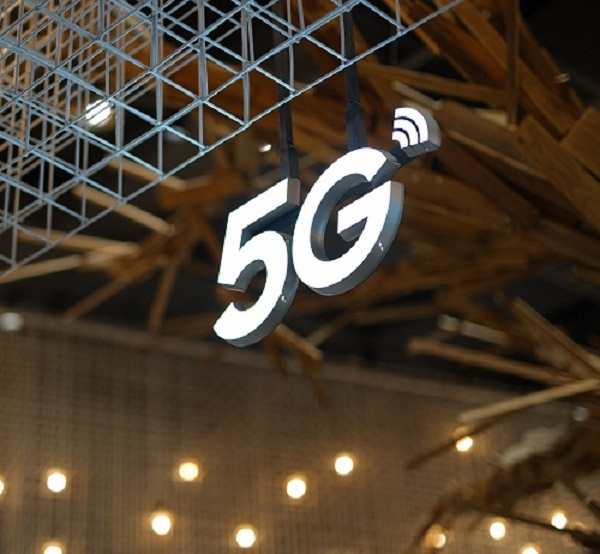The inability of telecommunications operators to access foreign exchange may hamper about $500 million investment expected to herald the Fifth Generation (5G) network in Nigeria.
The Global System for Mobile telecommunications Association (GSMA), the global body for telecoms operators and vendors, while referring to the New National Broadband Plan 2020 to 2025, disclosed that 5G roll-out for top 10 cities in Nigeria would require an estimated 6000 base stations to be deployed at a cost of up to $500 million.
The GSMA, which stated this in the comment and response document on the 3.5GHz Auction Information Memorandum, noted that this cost will be borne by service providers that will also have to invest significantly in acquiring spectrum.
But industry analysts are worried that the telecoms sector, which is highly capital intensive, has been starved of forex for long, and with the current situation of things, if not adequately addressed, would impact network upgrades and 5G roll-out in the country.
Already, the Nigerian Communications Commission (NCC) has set a week-long spectrum auction time table beginning from December 13, with the hope that commercial launch of the technology would commence by January 2022 in Nigeria.
The leadership of industry associations including the Association of Licensed Telecoms Operators of Nigeria (ALTON); Association of Telecommunications Companies of Nigeria (ATCON), National Association Telecommunications Subscribers of Nigeria (NATCOMs) had at different fora, raised the alarm that telecoms operators were denied access to forex, which had subsequently delayed expansion drive, especially in 4G technology, among others.
According to ATCON, despite the notable growth witnessed in the sector, the sector has been plagued by several challenges including forex constraints, eroding consumer purchasing power, and insecurity.
ATCON said the telecommunications sector remains one of the fastest growing sectors in Nigeria’s ailing economy. “The lingering impact of forex scarcity may undermine investments by industry operators and players to enhance the quality of network infrastructure, thus limiting broadband penetration,” the body noted.
Speaking with The Guardian, Executive Secretary, ATCON, Jibola Olude, admitted that lack of forex would be a major challenge to expansion plans of telcos and other service providers.
Olude added: “It is a known fact that 5G equipment would be imported and telecommunications companies would require forex to deploy. This means that the Central Bank of Nigeria (CBN) would have to work with the NCC on modalities for accessing forex by telcos.”
Going forward, the ATCON executive wants NCC to encourage companies that are manufacturing telecoms equipment to have their plants in Nigeria, “so that relying on forex all the time would be minimised.”
The Managing Director/Chief Executive Officer of VDT Communications, Biodun Omoniyi, said the industry was import- dependent; thus, the need for special forex intervention.
Omoniyi said: “There is no accessibility to forex, which affects the quality of service as operators cannot quickly replace damaged equipment. When we talk about communication, we are also referring to the equipment involved. We don’t manufacture them in Nigeria. We import almost everything in the telecoms space. We are import dependent and need forex for almost everything in the space, including computers. We can’t expand our networks without buying more equipment, which means forex. Operators are not getting easy access to forex, I don’t think anyone is getting easy access to forex. I think it is affecting other industries as well.”
Nigerian Coordinator, Alliance for Affordable Internet (A4AI), Olusola Teniola, said the NNBP 2020 to 2025 already stated the $500 million requirement.
Teniola said the capital importation required to fulfill this CAPEX spend will be part of the plans of those operators seeking to be the first to commercialise the 5G technology in addition to their 4G rollout programmes.
According to him, the supply chain management and contract negotiations will determine the Forex requirement and timing which will be influenced by the liquidity in the market and the appetite for the financial sector to fund equipment importation using the appropriate instruments.
Source: Guardian










